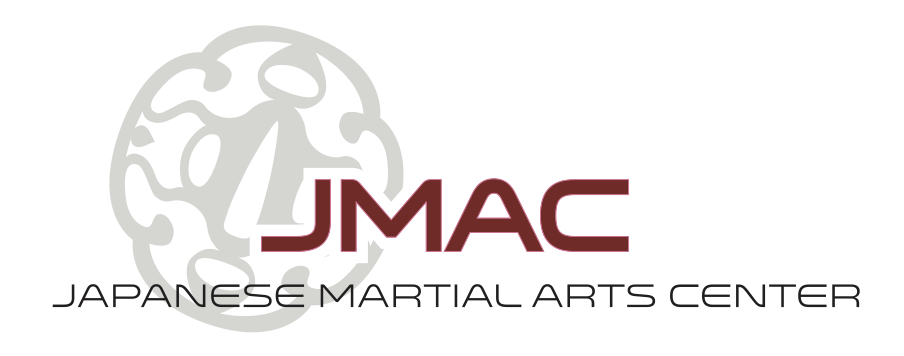Between the martial arts teachers at the Japanese Martial Arts Center in Ann Arbor and their students, there exists a social contract. The contract - mostly implied, sometimes written down - goes something like this:
As the teacher, I agree to give you, the student, the absolute best training opportunity I can give you, be it in judo, jujutsu, or iaido. I promise to offer you the complete martial art I know, including all its best aspects: physical techniques, theories of physical power, mental strategies, cultural aspects, and any spiritual benefits that are part of the art. I promise not to deceive you with martial arts mumbo-jumbo, and I promise not to try to falsely build up your self-esteem without providing any basis in real martial arts skill. I promise not to ask you to pay absurd dues rates, but will ask you to pay a fair rate in keeping with the expenses of the dojo and my need to earn a modest living. I won't give you a black belt unless you deserve it, but at the same time, I won't unnecessarily prolong your journey to black belt by making the standards impossible. I will try my best to help you develop yourself - mind, body, and spirit - so that you can excel in the dojo and in life.
As the student, you agree to attend classes as often as you can reasonably do so, putting forth all your effort, and practicing with energy and a positive attitude. You promise to consider the teachings I put forth, taking time outside of class to think about the relationship between my words and the techniques of your martial art. You promise to respectfully raise any issues you may have with your training, and give real consideration for my answers to your questions. You agree to practice safely to help prevent injury to yourself and other students. You agree to pay your dues on time, and agree not to take advantage of our policies to help you avoid paying a fair dues rate. You agree to work hard to learn your art, and to trust my decisions about when you are ready for promotions. You agree to commit yourself to the learning process, and to pass on the positive lessons you learn while at the Japanese Martial Arts Center.
Occasionally, a few students will come along who wish to learn what the teacher is teaching without honoring their side of the social contract. Such students may wish to learn to fight without taking part in the character development aspects of the martial art. They may train selfishly, failing to give due consideration to the needs of other students. They may try to trick the dues system by taking strategic leaves of absence, hoping to save a few dollars but still desiring all that the teacher has to offer.
We are happy to say that the vast majority of the students who have trained at the Japanese martial arts center are diligent, serious, generous, and sincere. They are quick to recognize that their teachers have given a huge portion of their time and treasure to try to master their martial arts, and are supportive in a variety of ways (offering to help with dojo events, helping newer students learn, paying their dues on time, and recommending the dojo to potential new students).
Generally, the more students adhere to the implied social contract in the martial arts, the less formal their written contract needs to be. Those who find their dojo implementing strict written policies may blame their dojo-mates who fail to honor the implied contract.
